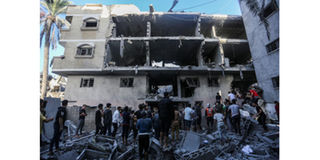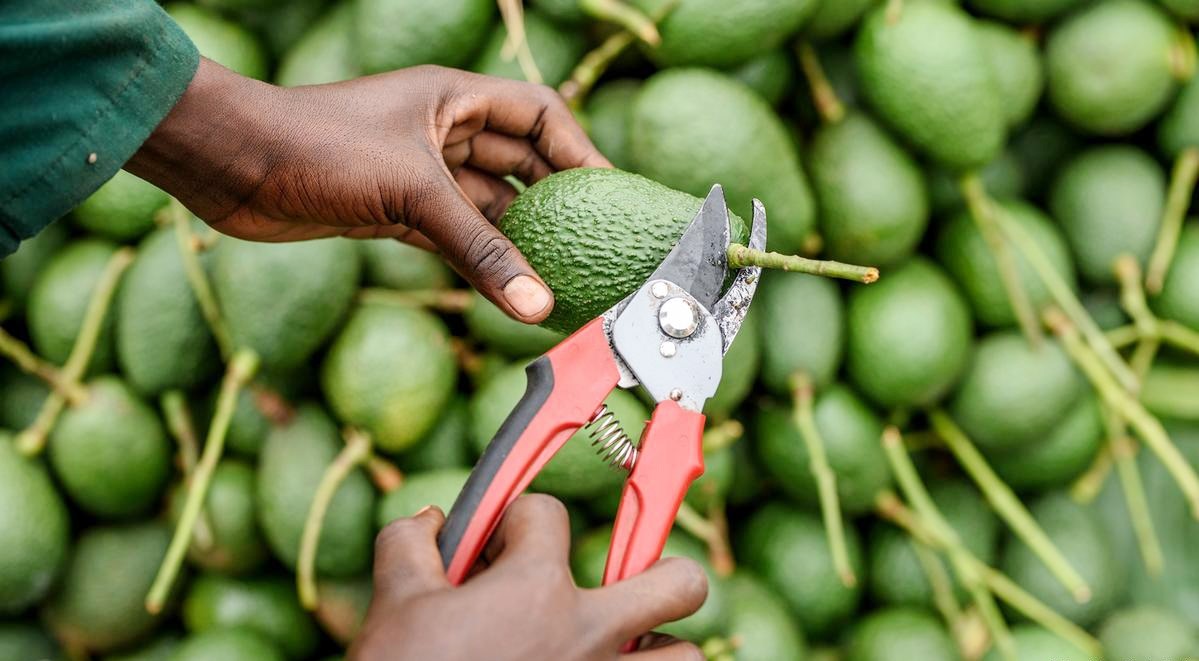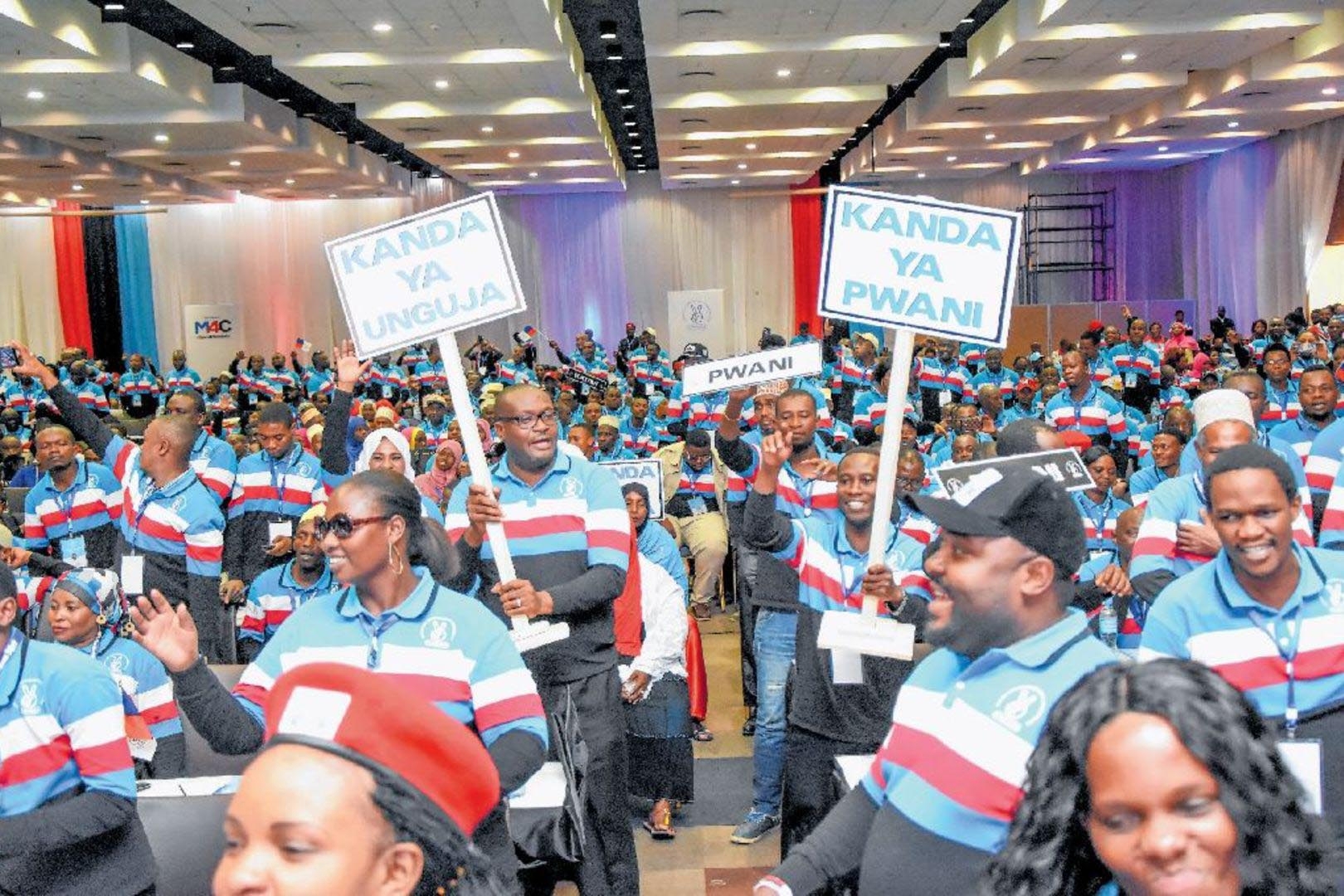Gaza deaths soar as Israel says war to last 'many more months'

The Hamas-run Gaza Strip's health ministry said Wednesday the death toll from the war with Israel now tops 21,000, with a spokesman reporting 195 deaths over 24 hours.
Israel again pounded Gaza with air strikes and shelling after its military chief warned the war raging with Hamas since the Palestinian group's October 7 attacks will last "many more months".
Explosions lit up the sky over the southern Gaza city of Khan Yunis -- a focus of heavy urban combat since the Israeli army said it had largely gained control over Gaza's north.
A strike hit a house near Al-Amal hospital in Khan Yunis, killing 22 people and wounding 34, the Gaza health ministry said.
Heavy firefights also raged again around Gaza City in the north, while an air strike wounded 11 people near Rafah, a far-southern city crowded with internally displaced people, witnesses said.
Gaza's spiralling humanitarian crisis has amplified calls for an end to the hostilities.
Israeli Prime Minister Benjamin Netanyahu has repeatedly vowed to keep up the campaign to destroy Hamas, an Islamist group blacklisted as a "terrorist" organisation by the United States and the European Union.
"This war's objectives are essential and not simple to achieve," armed forces chief Herzi Halevi said Tuesday. "Therefore, the war will continue for many more months."
The conflict erupted when Hamas gunmen attacked southern Israel, resulting in the deaths of about 1,140 people, mostly civilians, according to an AFP tally based on Israeli figures.
Palestinian militants also took around 250 hostages, 129 of whom remain in captivity, Israel says.
Israel retaliated with a relentless bombardment and a siege of Gaza followed by a ground invasion from October 27.
The campaign has killed at least 21,110 people, according to the latest toll issued by Gaza's health ministry, about two thirds of them women and children.
Israel's army blames Hamas and its allied armed groups for the high civilian death toll, charging that fighters hide in schools, hospitals and other civilian infrastructure, or in tunnels below them.
The army said the number of Israeli soldiers killed inside Gaza had risen to 164.
Israel on Tuesday returned the bodies of 80 Palestinians killed in Gaza, after checking there were no hostages among them, via the Red Cross, sources in the health ministry said.
An AFP photographer witnessed a digger lowering the human remains in blue body bags into a mass grave in Rafah.
Beyond a catastrophe
Gaza's 2.4 million people have suffered severe shortages of water, food, fuel and medicines, with only limited aid entering the territory.
An estimated 1.9 million Gazans have been displaced, the UN says.
AFPTV footage showed Palestinians who had been sheltering in a UN-run school in central Gaza's Nuseirat refugee camp fleeing south, seeking safety from the bombardment.
Displaced Gazans "don't know where to go", said one of them, declining to be named. "First, we're displaced to Nuseirat, then to Rafah."
Even schools "are no longer safe" in Gaza, said the man.
"A solution must be reached... Implement a ceasefire instead of bringing in aid."
Palestinian president Mahmud Abbas, in an interview on Egyptian television, charged that the Gaza war "goes beyond a catastrophe and a genocide".
"Netanyahu's plan is to get rid of the Palestinians and the Palestinian Authority," said Abbas, who is based in the occupied West Bank.
The UN Security Council, in a resolution last week, called for the "safe and unhindered delivery of humanitarian assistance at scale".
The resolution, which did not call for an immediate end to the fighting, effectively leaves Israel with operational oversight of aid deliveries.
In Rafah, hundreds turned up at the Abdul Salam Yassin water company carrying baskets, pulling handcarts and even pushing a wheelchair stacked with bottles to queue for clean water.
"This was my father's cart," said Rafah resident Amir al-Zahhar. "He was martyred during the war. He used it to transport and sell fish, and now we are using it to transport fresh water."
Elsewhere in Rafah, people split logs and stacked kindling as the lack of fuel forced them to burn wood for cooking and to keep warm.
Internet and telephone services that were cut on Tuesday were gradually being restored in central and southern areas of Gaza, the Palestinian telecommunications company Paltel said on X, formerly Twitter.
- Mideast tensions -
Violence has also flared across the West Bank, with more than 310 Palestinians killed by Israeli troops or settlers since October 7, the health ministry there said.
An Israeli operation in a refugee camp in the northern West Bank killed six people early Wednesday, it said, with the army saying it had struck the Nur Shams camp from the air.
The war has reverberated across the Middle East, drawing in armed groups backed by Israel's arch foe Iran in Lebanon, Iraq, Syria and Yemen.
An Israeli air strike on a Lebanon border town killed a Hezbollah fighter, the group said Wednesday, with state media reporting two of his relatives were also killed.
Hezbollah later Wednesday said it launched a barrage of 30 rockets towards northern Israel "in response to the enemy's repeated crimes".
In Syria, an Israeli strike Monday killed Iranian general Razi Moussavi, a senior commander in the Quds Force, the foreign operations arm of the Islamic Revolutionary Guard Corps.
Iran has vowed to avenge the death of Moussavi, whose body was due to be repatriated for burial after memorial prayers at the Shiite holy sites in Iraq on Wednesday.
Yemen's Huthi rebels have repeatedly fired at Israel and at passing cargo ships in the Red Sea in attacks in solidarity with Hamas.





